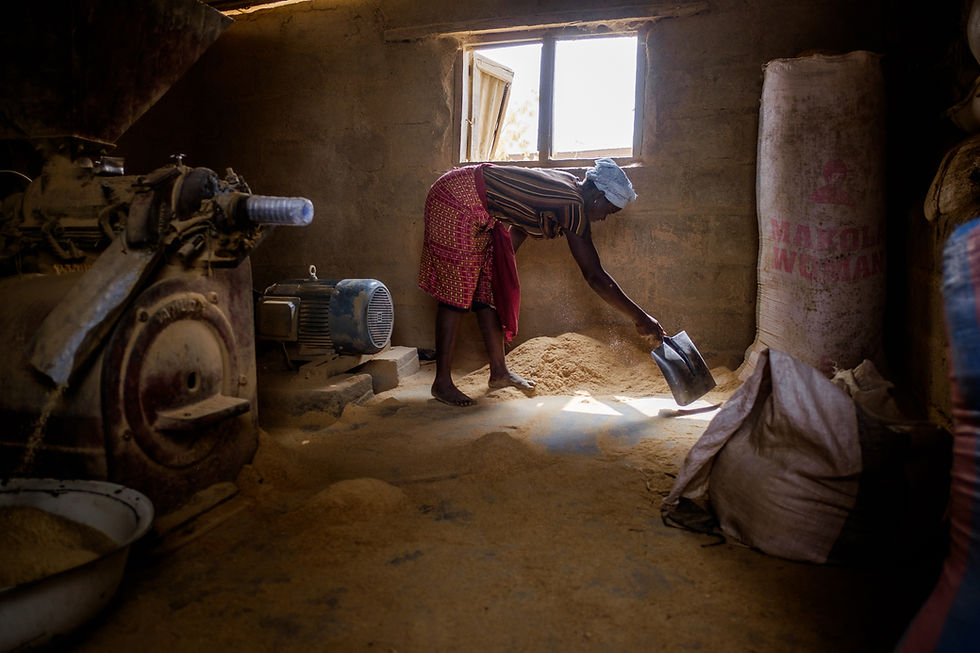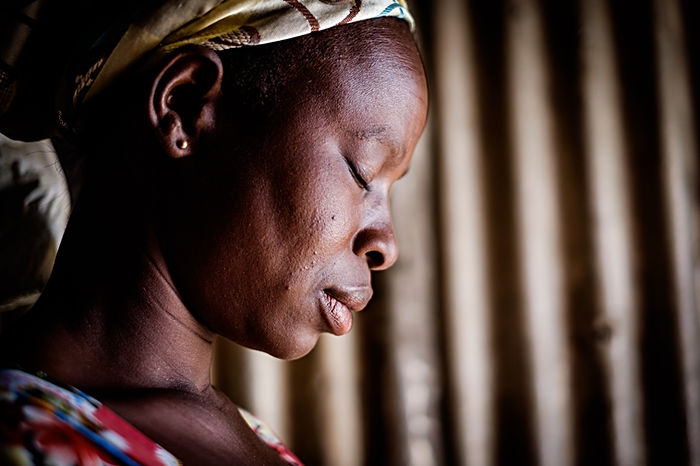
GHANA
The Gold Coast, as Ghana was known in earlier years, is considered one of the more stable countries in West Africa. It was the first sub-Saharan nation that broke free from colonial rule (1957) and until recently is was hailed as a model for African growth. Unfortunately, its economy endured a growing public deficit since 2013 with high inflation and a weakening currency.
I went to the north of Ghana where 80 percent of the population depends on farming. Although there are some large farms and plantations, 90% of the farm holdings are less than 2 hectares in size with a traditional farming system.
The farmers face desertification and since they get only four months of rain a year, they have to deal with long-lasting drought periods. There’s a lack of infrastructure and education. Acces to investment capital is difficult.
In 2016 the country experienced a severe drought due to the effects of El Niño, affecting its agriculture.
Trias is supporting rice and onion growers, and invests in Guinea fowl farming, since the animals seem to flourish in this climate and therefore become a source of permanent cash flow.
Ghana, 2016






















